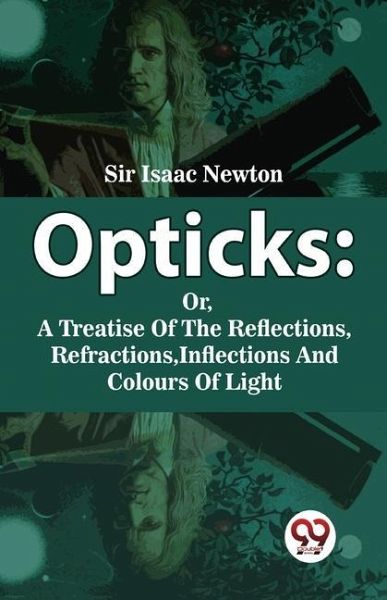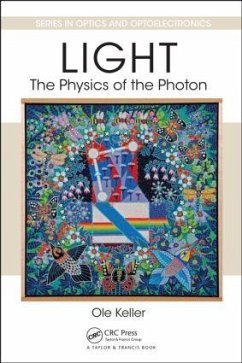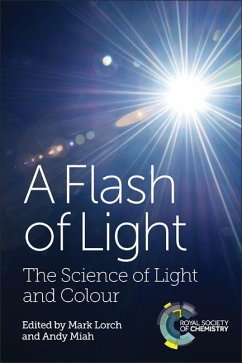
Opticks
Or, A Treatise Of The Reflections, Refractions, Inflections And Colours Of Light
Versandkostenfrei!
Versandfertig in über 4 Wochen
15,99 €
inkl. MwSt.
Weitere Ausgaben:

PAYBACK Punkte
8 °P sammeln!
"Opticks" is a groundbreaking work by Sir Isaac Newton that revolutionized the study of optics. The book is structured as a series of experiments and observations that Newton conducted over several years to explore the nature of light and color. One of the most significant contributions of "Opticks" is Newton's theory of color, which he developed through his experiments with prisms. He demonstrated that white light could be separated into a spectrum of colors and that each color was refracted at a different angle. He also explored the idea that colors were not inherent to objects but were inst...
"Opticks" is a groundbreaking work by Sir Isaac Newton that revolutionized the study of optics. The book is structured as a series of experiments and observations that Newton conducted over several years to explore the nature of light and color. One of the most significant contributions of "Opticks" is Newton's theory of color, which he developed through his experiments with prisms. He demonstrated that white light could be separated into a spectrum of colors and that each color was refracted at a different angle. He also explored the idea that colors were not inherent to objects but were instead a result of the way light interacted with those objects. In addition to his work on color, Newton also explored the nature of light itself, proposing that light was made up of particles, which he called "corpuscles," rather than waves. This idea was controversial at the time, but it laid the groundwork for the development of modern particle physics.













